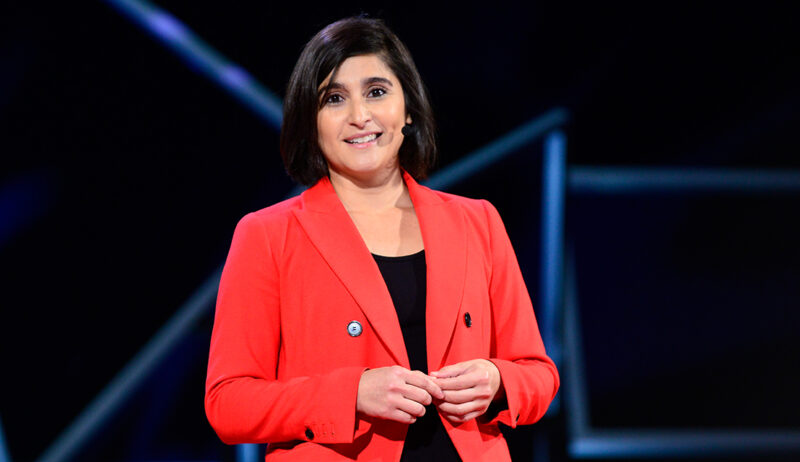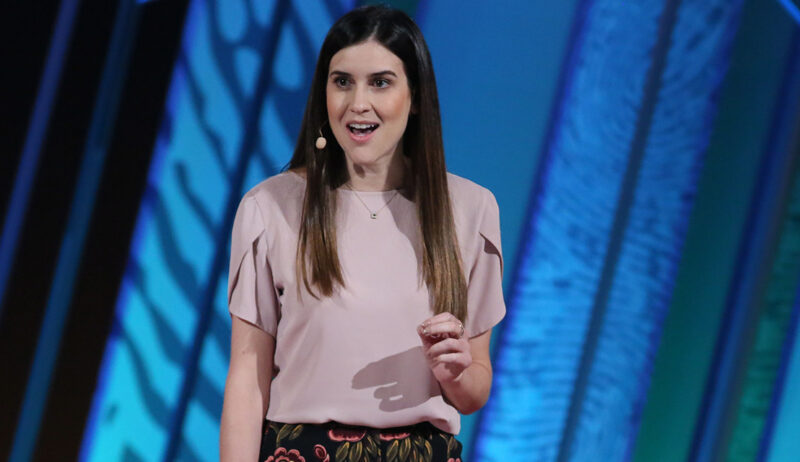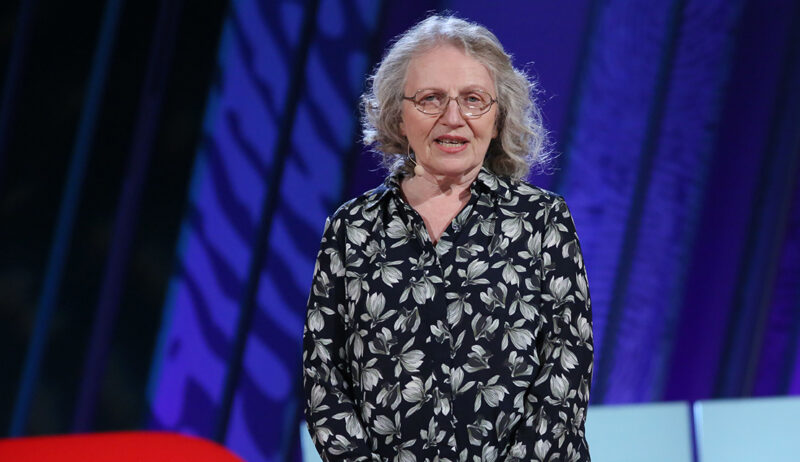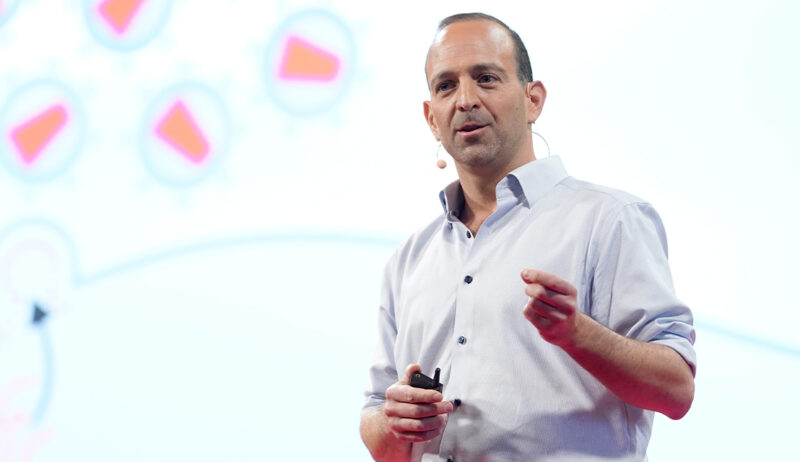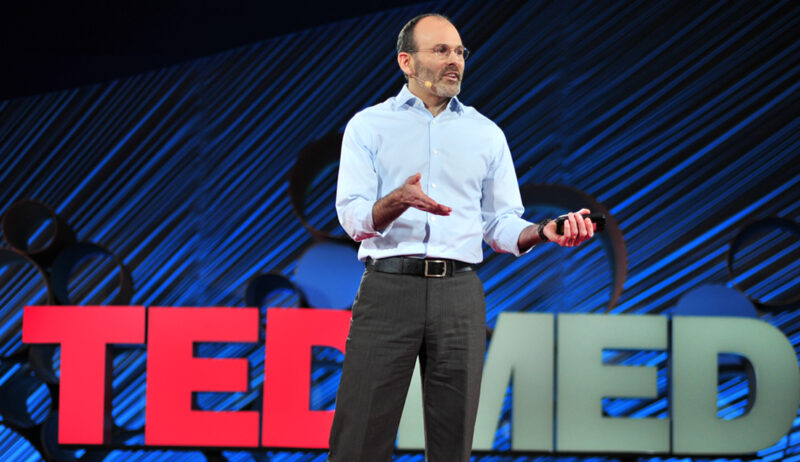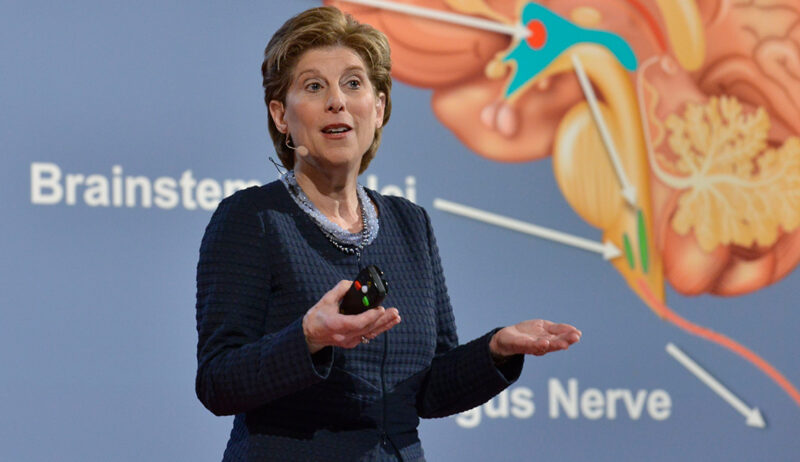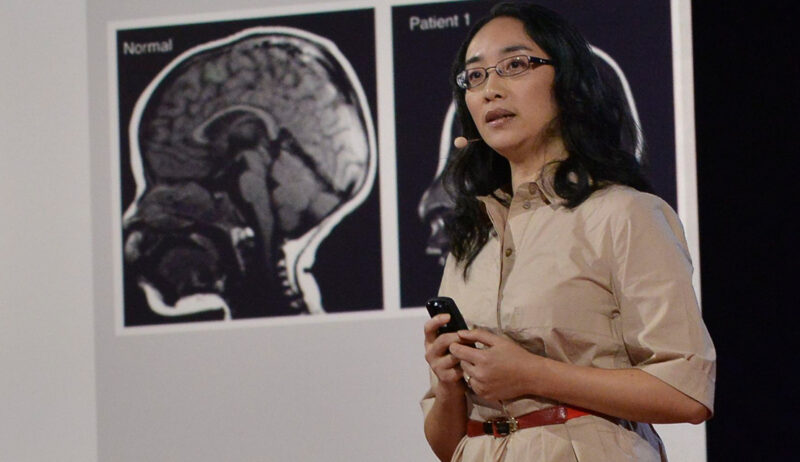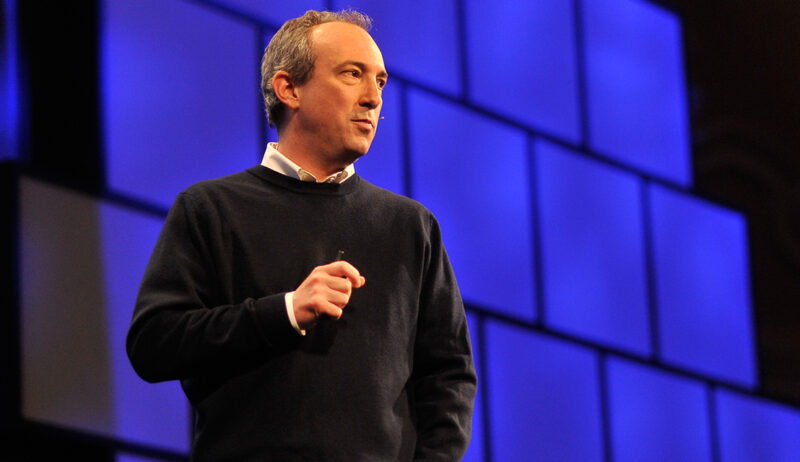About this talk
For many parents, the decision of when and if they will have a baby is influenced by biological factors outside of their control. Those suffering from inheritable genetic conditions face an especially difficult decision in terms of whether or not to conceive a child. For instance, a mother with mutated mitochondrial DNA (mtDNA) faces an increased possibility that her child will develop an incurable disease with devastating symptoms such as seizures, developmental delay, or organ failure.
University of Newcastle professor Mary Herbert provides parents with a new solution that helps to ensure that the mutations in a mother’s affected mtDNA isn’t passed on to her child. Watch Mary’s 2017 TEDMED Talk to see how she is pushing the limits of our understanding of reproduction and looking toward a future where certain mitochondrial diseases can be eliminated from a family for generations to come.
About Mary Herbert
See more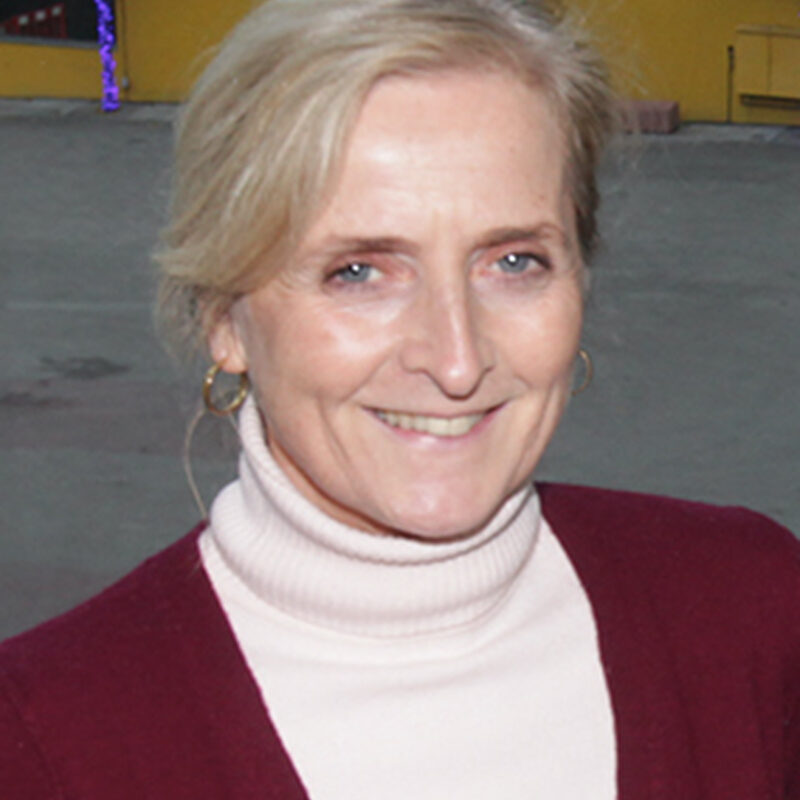
Mary Herbert is a leading expert in fertility and reproductive biology at Newcastle University in the United Kingdom. Her groundbreaking research has been at the forefront of developing a technique to prevent the transmission of severe genetic diseases from a mother to her child. This innovative method, known as mitochondrial replacement therapy, or sometimes “three-person IVF,” uses a healthy donor egg to replace a mother’s diseased mitochondria. This allows a family with a history of devastating mitochondrial diseases to have a healthy child. Mary’s work has not only advanced science but has also changed public policy. Her research was a key factor in the UK becoming the first country to legally allow this procedure. Since the law changed, her work has led to the birth of the first babies using this technique, a significant breakthrough in medicine. In addition to her work on mitochondrial disease, she also studies the causes of infertility, miscarriage, and birth defects. She is currently the Scientific Director at the Newcastle Fertility Centre.
